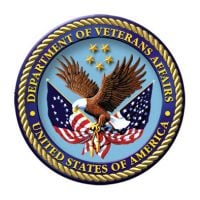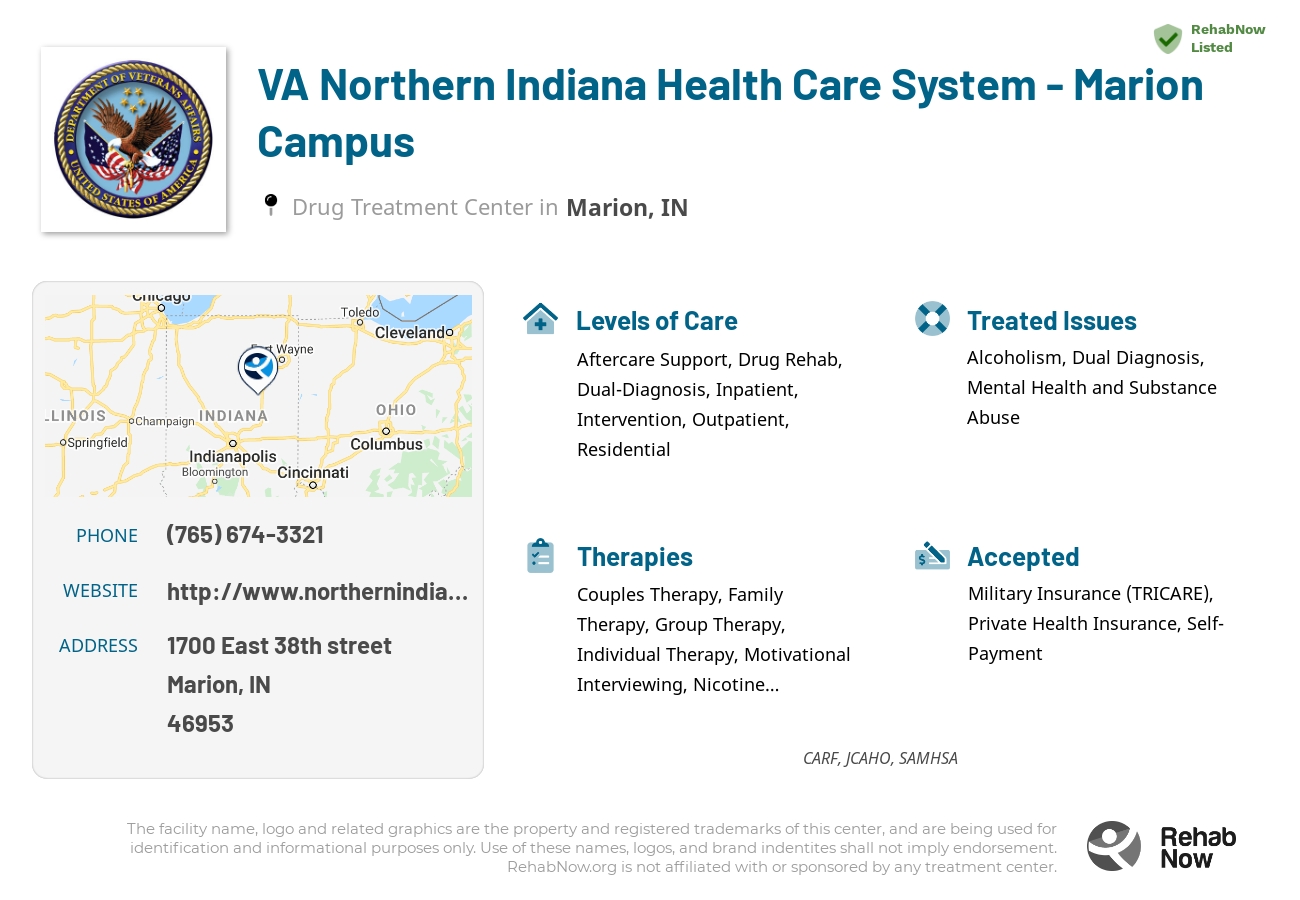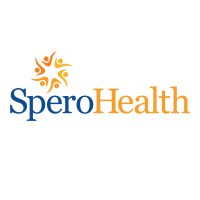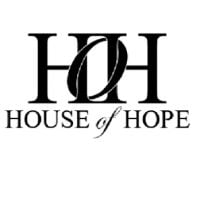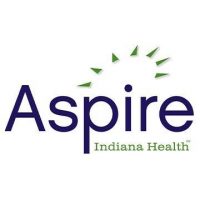About VA Northern Indiana Health Care System - Marion Campus in Indiana
VA Northern Indiana Health Care System - Marion Campus is an accredited drug rehab in Marion, Indiana that offers a variety of methods methods and programs for Alcohol Abuse, Dual Diagnosis (Co-Occuring Disorders), Drug Addiction, and other substance issues. If you’re looking for a drug rehab facility that can help you get sober, VA Northern Indiana Health Care System - Marion Campus is here to help. They offer a variety of levels of care and treatment options so they can find the right fit for your needs. The goal is to provide addicts with the tools patients need to live life in recovery.
VA Northern Indiana Health Care System - Marion Campus offers customized treatment plans that address each person’s unique needs so they can overcome their addictions once and for all. With personalized care from experienced professionals, you have nothing to lose but everything to gain when it comes to living a healthy life without drugs or alcohol. This facility does welcome both men and women.
It's important to consider accreditations and certifications when selecting a treatment facility. VA Northern Indiana Health Care System - Marion Campus maintains a CARF Accreditation. VA Northern Indiana Health Care System - Marion Campus has Joint Commission accreditation. This facility is listed in the SAMHSA database. Military Insurance (TRICARE), Private Health Insurance, Self-Payment are some of the ways clients can pay for treatment here. Please call our independent experts for insurance acceptance verification information.
Genders
Ages
Modality
Additional
Accreditations
SAMHSA

JCAHO

CARF
The Commission on Accreditation of Rehabilitation Facilities (CARF) is a non-profit organization that specifically accredits rehab organizations. Founded in 1966, CARF's, mission is to help service providers like rehab facilities maintain high standards of care.
Conditions and Issues Treated
A “dual diagnosis” is when the individual has two medical issues at the same time. The top co-occurring mental disorders with addiction are depression, anxiety, ADHD, bi-polar disorder. Addiction is also considered a mental illness that is not a choice but rather a medical condition. Addiction can be caused by any number of underlying issues.
Dual diagnosis is provided by VA Northern Indiana Health Care System - Marion Campus to treat addictive tendencies as well as any untreated mental illnesses. This ensures successful long term health and recovery for patients after treatment has been completed.
Dual diagnosis is provided by VA Northern Indiana Health Care System - Marion Campus to treat addictive tendencies as well as any untreated mental illnesses for people in Indiana. This ensures successful long term health and recovery for patients after treatment has been completed.Levels of Care Offered
This center offers a variety of custom treatment tailored to individual recovery. Currently available are Aftercare Support, Drug Rehab, Dual-Diagnosis, Inpatient, Intervention, Outpatient, Residential, with additional therapies available as listed below.
Going to an inpatient rehab facility means living there while all aspects of addiction or co-occurring disorder get addressed. The treatment involves medical supervision, therapy, and future planning.
This type of rehabilitation provides a drug-free environment for people who struggle with chronic/long-term addiction without having access to drugs outside the center (or their own home). It takes away any distractions because they live there 24 hours per day. If someone is trying to break out old habits, which could lead them back into substance abuse, things like jobs or school can be put on hold until after they complete their stay to focus solely on recovery.
Outpatient programs at VA Northern Indiana Health Care System - Marion Campus, the Marion resident can live with their family while continuing with their job or studies. Treatment includes educating the patient on drug abuse, medications, and counseling sessions at the individual or group level. Outpatient treatment plans cover diagnosis, detoxification, management, and counseling. They are a popular option for those who have graduated from inpatient facilities.
Residential treatment programs are those that offer housing and meals in addition to substance abuse treatment. Rehab facilities that offer residential treatment allow patients to focus solely on recovery, in an environment totally separate from their lives. Some rehab centers specialize in short-term residential treatment (a few days to a week or two), while others solely provide treatment on a long-term basis (several weeks to months). Some offer both, and tailor treatment to the patient’s individual requirements.
Interventionism is a technique used to help an addict get clean and sober. The process begins with the addict’s family, friends, and co-workers gathering together to confront the addict about their addiction. This often happens when the addict is in the middle of a particularly bad bout of drug abuse.
The addict’s friends and family members are encouraged to share their feelings about the addict’s behavior with them, as well as what it’s doing to the addict and their loved ones. At first, the addict is typically resistant to this form of treatment because they feel it’s an intrusion on their private life. They may be upset or even angry at the interventionist for orchestrating this meeting. Over time, though, most addicts come to understand that their loved ones are only trying to help them.
During the intervention, the addict’s family and friends are encouraged to tell the addict how their drug use has affected their lives. The interventionist is there to help everyone organize their thoughts and communicate their message. They also help to ensure that the conversation doesn’t become aggressive or combative, which could put the addict on the defensive and make them reject the intervention.
This kind of treatment aims to get the addict in touch with their feelings about their addiction. They are encouraged to speak honestly about their drug use, as well as how it’s making them feel. They’re also asked to consider the consequences of their drug use and how it’s hurting their loved ones. The addict is allowed to see how their addiction has become a problem for everyone around them.
Without aftercare support, addicts can easily relapse back into addiction. It is crucial to integrate the addict back into society. Aftercare support should take place after outpatient treatment has ended.
There are a few different types of aftercare support that patients can seek after completing an inpatient treatment program:
- 12 Step Self-help groups (AA, NA)
- Therapeutic communities,
- Long-term, structured sober living arrangements
- Halfway houses (residential treatment centers)
Many different support groups exist for addicts to seek help after treatment. Some are more effective than others, depending on the person’s addiction, background, and other factors.
Therapies & Programs
Individual therapy is a form of counseling where you meet with a trained professional one-on-one. Meeting with a therapist in this setting allows for a personal and trusting relationship to be built. This allows the patient to open up about sensitive or private issues they may not feel comfortable discussing in a group. Individual therapy helps identify the root causes of your addiction, which can help prevent relapse.
Couples therapy for drug addiction is a unique form of therapy that allows family members to work through the emotional issues of their loved one’s addiction together. Family members can support each other while learning how to cope with the addiction and encourage healthy changes. The two will work with a therapist to learn how the addiction affects themselves and the relationship.
Family therapy is often done alongside drug treatment to help addicts stay sober. The goal of family therapy for drug addiction is to create an environment where communication can happen without judgment, hostility, or blame. The therapist will sit with the family so they can learn how to communicate differently and provide new tools for dealing with emotions so that people don’t want to drink or do drugs. It’s important for families to focus on relapse prevention plans during treatment so that if the addict feels like they want to use again, they’ll know what steps they need to take together to prevent it from happening again in the future.
Group therapy sessions are another common addiction recovery service. These group sessions typically involve six to 12 addicts who meet regularly with a trained professional for support and guidance.
During these sessions, the group shares their experiences with one another and provides feedback that can help each member avoid relapse or overcome specific obstacles they are facing in their recovery process. With this type of support and guidance, addicts can feel like they are part of a community that understands their struggles and will help them get through the hard times.
Many people struggling with drug addiction have experienced some form of trauma in their lives. It is crucial that these individuals seek out professional help; otherwise, their drug abuse and addiction will likely continue.
Therapists and counselors at drug treatment centers employ several treatment programs to help people struggling with drug addiction, including trauma therapy. Trauma therapy helps people dealing with addiction by allowing them to confront the traumas of their past and move past them.
It is important to note that trauma therapy should not be confused with PTSD (post-traumatic stress disorder). Rather, it is used to treat the effects of trauma, which are often at the root of addiction.
Cognitive Behavioral Therapy (CBT) focuses on the underlying thoughts and behaviors that caused the problem of addiction in the first place and may cause a relapse. Negative feelings are common in drug abuse disorders, but they can lead to co-occurring disorders if not recognized. CBT involves strategies that help to change the behavior pattern by restructuring negative thoughts into positive ones. It helps to remove these feelings, and it provides long-term benefits. Also, CBT promotes self-awareness and self-control. It can be administered as a monotherapy or as part of combination therapy.
CBT can improve the patient’s mood, reduce drug cravings and boost success rates on treatment plans. Regular practice can help individuals handle negative attitudes, thoughts, and feelings without turning to drugs or alcohol. The core belief of Cognitive Behavioral Therapy (CBT) is that one’s moods, behaviors, and actions are all connected. Individuals can improve their quality of life using CBT. It helps addicts understand the patterns of thought and feelings that cause them to use drugs or alcohol and develop a healthy response.
This type of therapy can help addicts get in touch with their emotions without feeling overwhelmed by them. It also allows the addict to develop strategies for coping with negative feelings that might trigger cravings or lead to relapse.
During these sessions, addicts will learn how to recognize and manage their cravings while developing an action plan for dealing with stress and other triggers. Combining the coping strategies learned in these sessions with ongoing therapy can help addicts lead a stable and healthy lifestyle that is free from addiction.
These types of therapy sessions provide several benefits to people dealing with addiction. By providing a safe environment for addicts to discuss their feelings, therapists can identify the issues that trigger cravings and work with addicts to develop strategies for avoiding relapse.
Payment Options Accepted
For specific insurance or payment methods please contact us.
Is your insurance accepted?
Ask an expert, call (888) 674-0062
Additional Details
Specifics, location, and helpful extra information.
Marion, Indiana 46953 Phone Number(765) 674-3321 Meta DetailsUpdated November 25, 2023
Staff Verified
VA Northern Indiana Health Care System - Marion Campus Patient Reviews
There are no reviews yet. Be the first one to write one.
Marion, Indiana Addiction Information
The state of Indiana ranks 14th in the nation for drug abuse, but 17th for drug overdoses. The state has many high-quality rehabilitation centers, but reports show that there are about 20 deaths per 100,000 people. This is due to its location making it a drug trafficking haven, where many drugs are further distributed into the country.
In Marion, Indiana, there were 538 overdose deaths in 2016, which is a rate of 22.5 per 100,000 population. Of those overdose deaths, 365 were related to opioids including prescription opioids and heroin which are more than 80% of all overdose deaths. Every day about 9 people die from a drug overdose in Marion County, Indiana. Some popular options in Marion, Indiana, include residential rehab, outpatient treatment, and detox programs.
Treatment in Nearby Cities
- Spencer, IN (104.1 mi.)
- Paoli, IN (142.9 mi.)
- Charlestown, IN (143.0 mi.)
- Lawrenceburg, IN (107.3 mi.)
- Huntington, IN (26.2 mi.)
Centers near VA Northern Indiana Health Care System - Marion Campus
The facility name, logo and brand are the property and registered trademarks of VA Northern Indiana Health Care System - Marion Campus, and are being used for identification and informational purposes only. Use of these names, logos and brands shall not imply endorsement. RehabNow.org is not affiliated with or sponsored by VA Northern Indiana Health Care System - Marion Campus.
